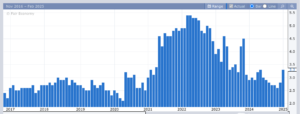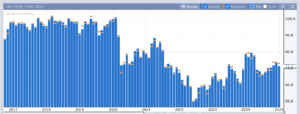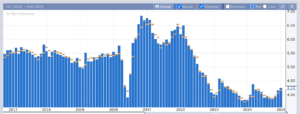Analyses
America bans Tiktok after 4 years
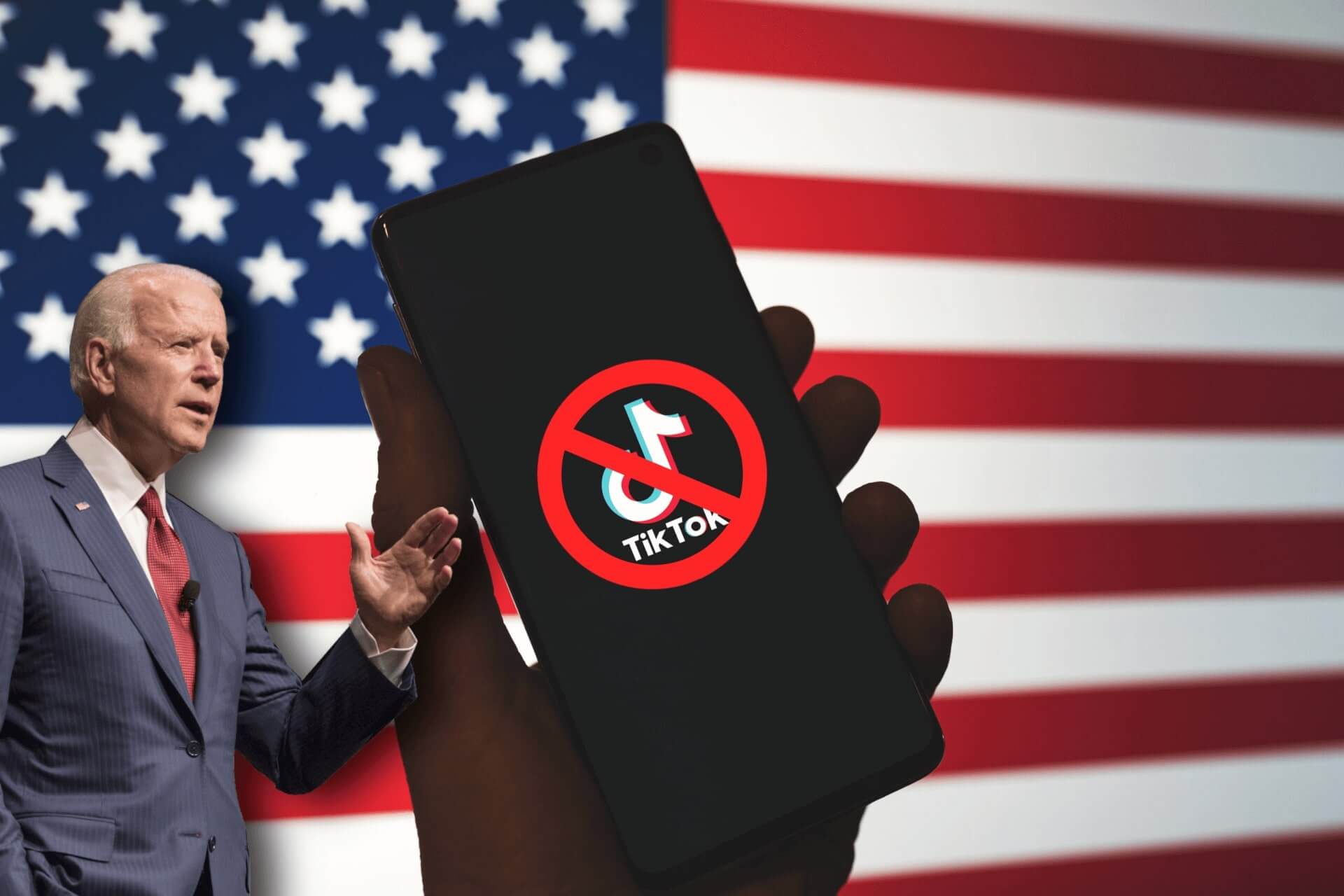
Western democracies have long been suspicious of the service, for two reasons: fear of data collection and propaganda because of perceived or real Chinese state influence. The former implies that the service, which has a user base in the billions, sometimes knows intimate details about its users – although the abuse of this was only proven in the surveillance of two journalists.
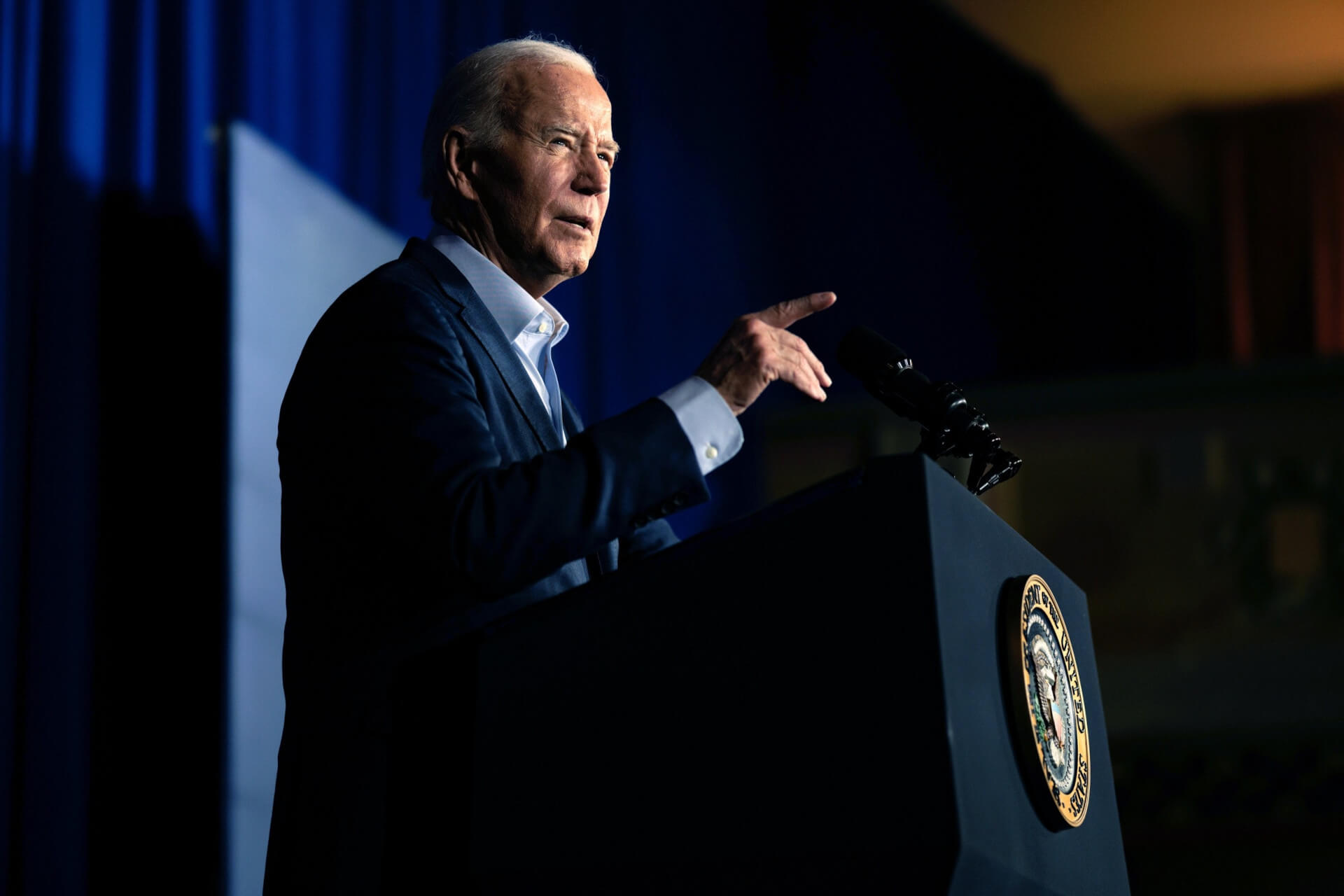
The latter is the fear that the Chinese owner may control what videos we see on TikTok, influencing our views on local or global politics and public issues. After what Russia tried to do on Facebook in the context of the 2016 US election, and has not given up such ambitions since, this may seem at best a pipe dream, but it is far from impossible. In line with this, several US states and institutions, and across the ocean, for example the European Commission, have banned tweets by their employees.
A ban on the service seemed inevitable after the US House of Representatives’ Commerce Committee unanimously passed a bill that would ban the platform if China’s ByteDance did not sell its US interests in TikTok.
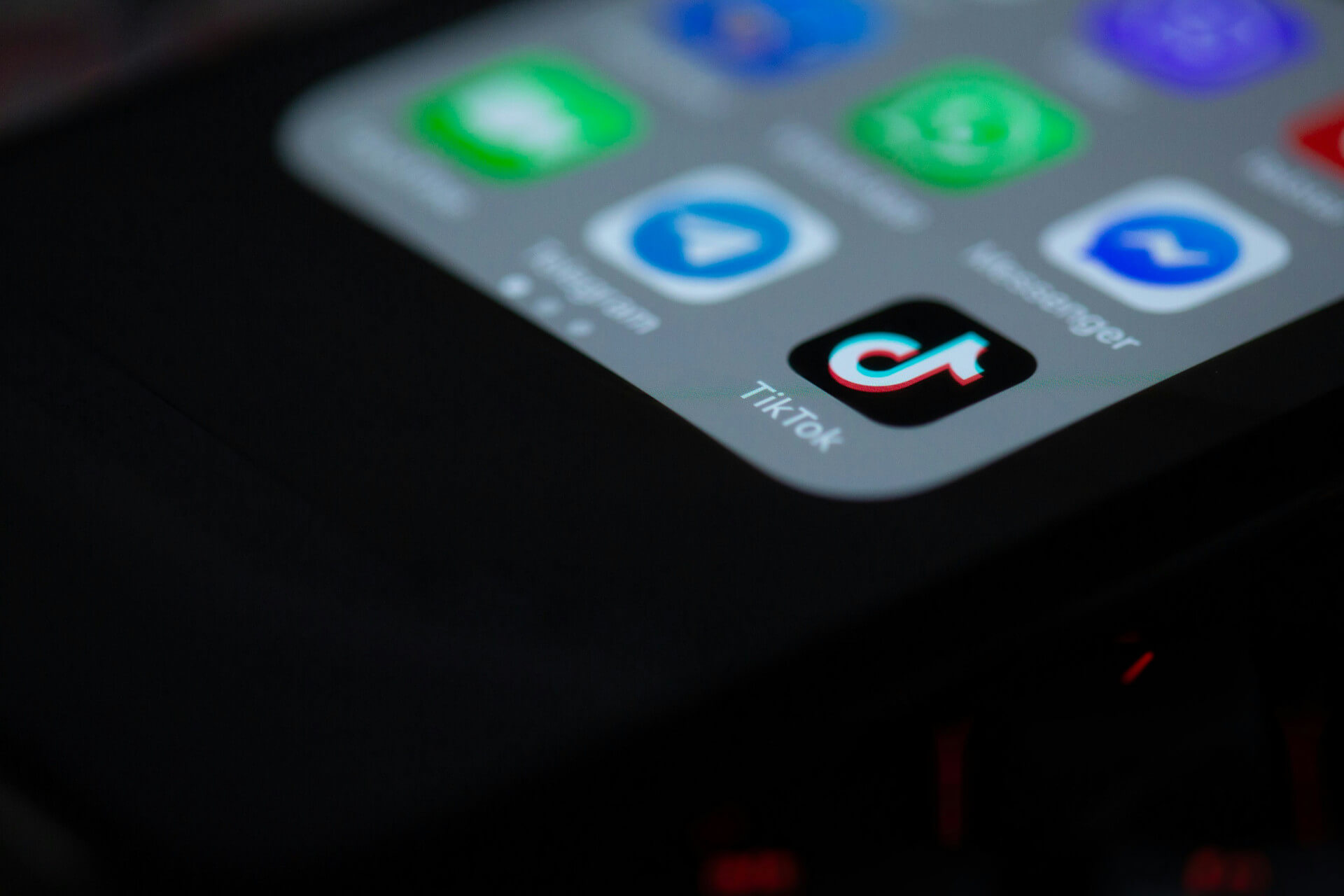
It is not known what persuaded the fifty lawmakers in a closed session to decide on this in full consensus, but knowing the polarised nature of US politics, these had to be compelling arguments – not coincidentally, the senators asked, so far unsuccessfully, to make them at least partially public. But even this could not significantly slow down the entry into force of the law.
